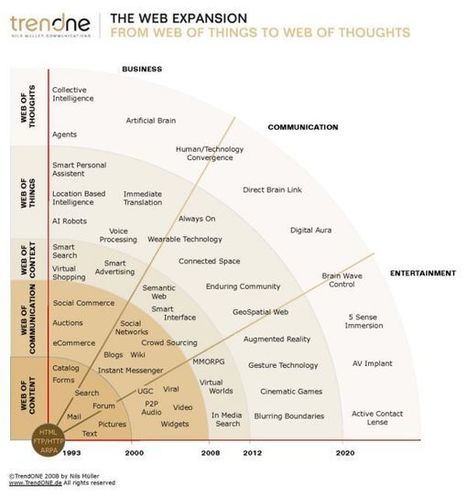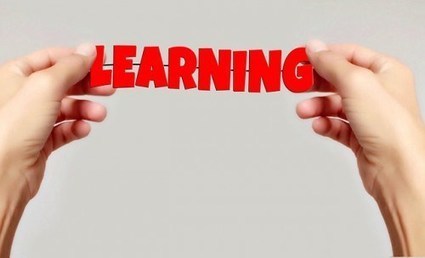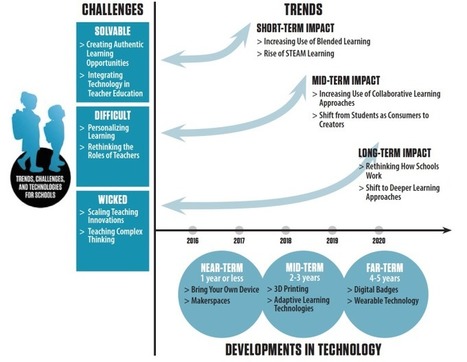Reaffirming a humanistic approach to education Education alone cannot hope to solve all development challenges, but a humanistic and holistic approach to education can and should contribute to achieving a new development model. In such a model, economic growth must be guided by environmental stewardship and by concern for peace, inclusion and social justice.
The ethical and moral principles of a humanistic approach to development stand against violence, intolerance, discrimination and exclusion. Regarding education and learning, it means going beyond narrow utilitarianism and economism to integrate the multiple dimensions of human existence.
This approach emphasizes the inclusion of people who are often subject to discrimination – women and girls, indigenous people, persons with disabilities, migrants, the elderly and people living in countries affected by conflict. It requires an open and flexible approach to learning that is both lifelong and life-wide: an approach that provides the opportunity for all to realize their potential for a sustainable future and a life of dignity.
This humanistic approach has implications for the definition of learning content and pedagogies, as well as for the role of teachers and other educators. It is even more relevant given the rapid development of new technologies, in particular digital technologies.
Learn more / En savoir plus / Mehr erfahren:
https://gustmees.wordpress.com/2015/11/27/unlearning-the-old-relearning-learning-to-learn-howto/
Via
Gust MEES



 Your new post is loading...
Your new post is loading...

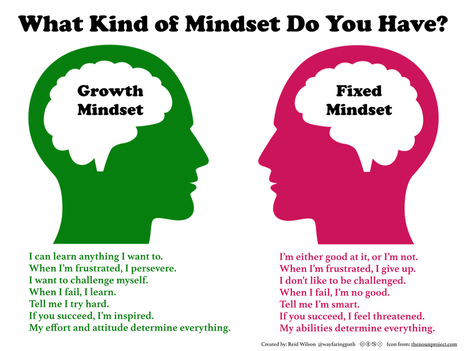








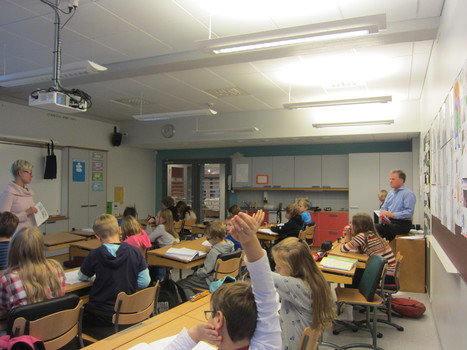



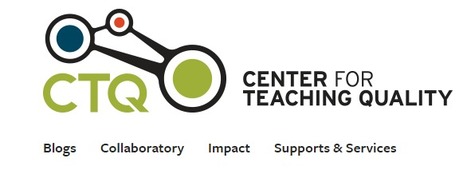


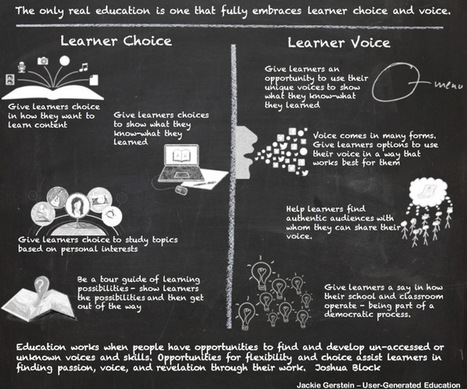





![RETHINKING EDUcation |Towards a global common good? | UNESCO [#pdf] #ModernEDU | Training and Assessment Innovation | Scoop.it](https://img.scoop.it/uLyoxGNJ1rP4DemfGujbCDl72eJkfbmt4t8yenImKBVvK0kTmF0xjctABnaLJIm9)


